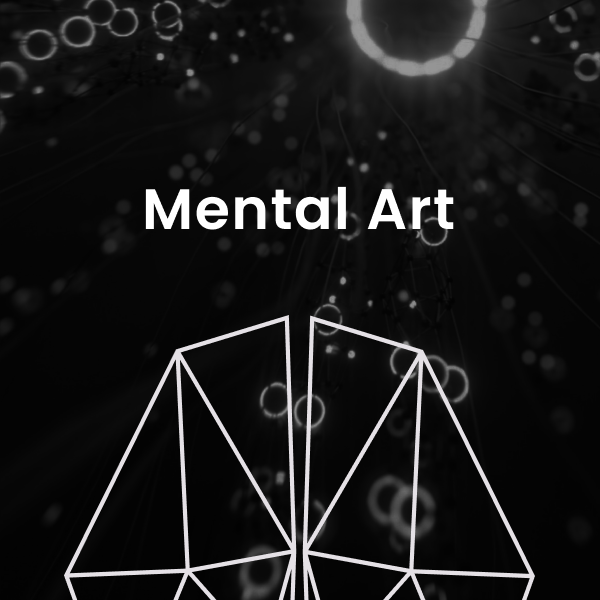

What are some interesting psychology and mind tricks?
4/2/2024Let's delve into some intriguing psychology and mind tricks!
To start, let's rewind a bit. Before the 1950s, behaviorism was the dominant force in psychology. It viewed behavior as mere reflexes and responses to stimuli. However, the emergence of cognitive science brought about a significant shift. Cognitive science treated the brain akin to a computer processor, leading to the exploration of cognitive biases — systematic thinking errors influenced by biases, stereotypes, and brain glitches.
Here are some fascinating cognitive biases:
- Generalization: This occurs when we apply specific cases to broader situations. Think of conspiracy theories, where isolated incidents are taken as evidence of a grand plot.
- Anchoring Effect: This bias involves fixating too much on one aspect of a situation, such as blaming someone without considering the broader context of a situation or possible solutions.
- Zero-Risk Bias: People tend to favor a risky but controllable situation over a less risky one. This bias is prevalent among anti-vaxxers, who fear vaccine side effects more than the risks of the disease itself.
- Dunning-Kruger Effect: This phenomenon pertains to unskilled individuals making poor decisions due to their inability to recognize their lack of expertise. They are so incompetent that they lack the skills to realize their incompetence.
- Blind Spot Bias: It's easy for us to see flaws in others but not in ourselves. This bias prevents us from recognizing our own faults while readily pointing out those of others.
- Confirmation Bias: This bias leads us to seek or interpret information in a way that confirms our existing beliefs. We tend to ignore evidence that contradicts our preconceptions.
- Backfire Effect: When presented with evidence that challenges our beliefs, instead of revising our views, we may become more entrenched in them.
- Reactance: People tend to struggle against attempts to constrain their freedom of choice, often by doing the opposite of what they are told, even if it is against their best interests.
- Need for Confrontation: Some individuals actively seek out people with opposing views to argue with, often escalating conflicts unnecessarily.
- Foot-in-the-Door Phenomenon: This occurs when people are more likely to agree to a larger request after agreeing to a smaller one, as they have already established a sense of compliance.
Finally, there's the fundamental attribution error: We tend to attribute others' behavior to their personality traits while underestimating the influence of situational factors, yet we often do the opposite for ourselves.




